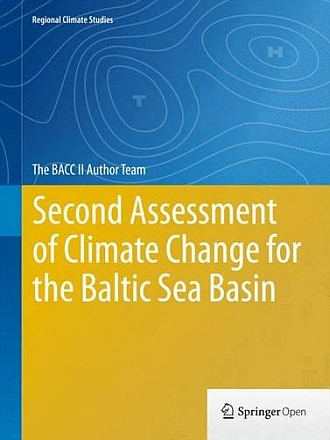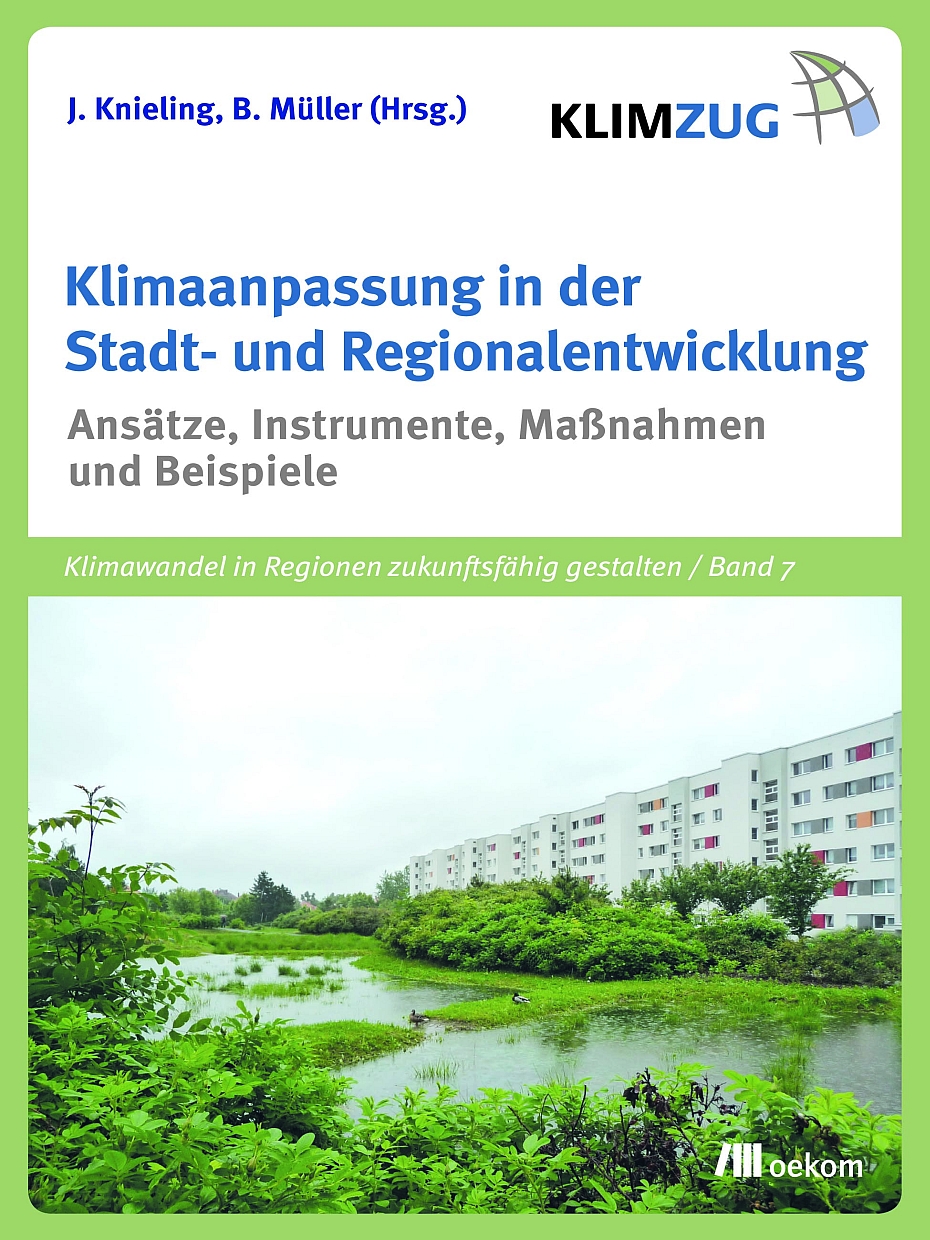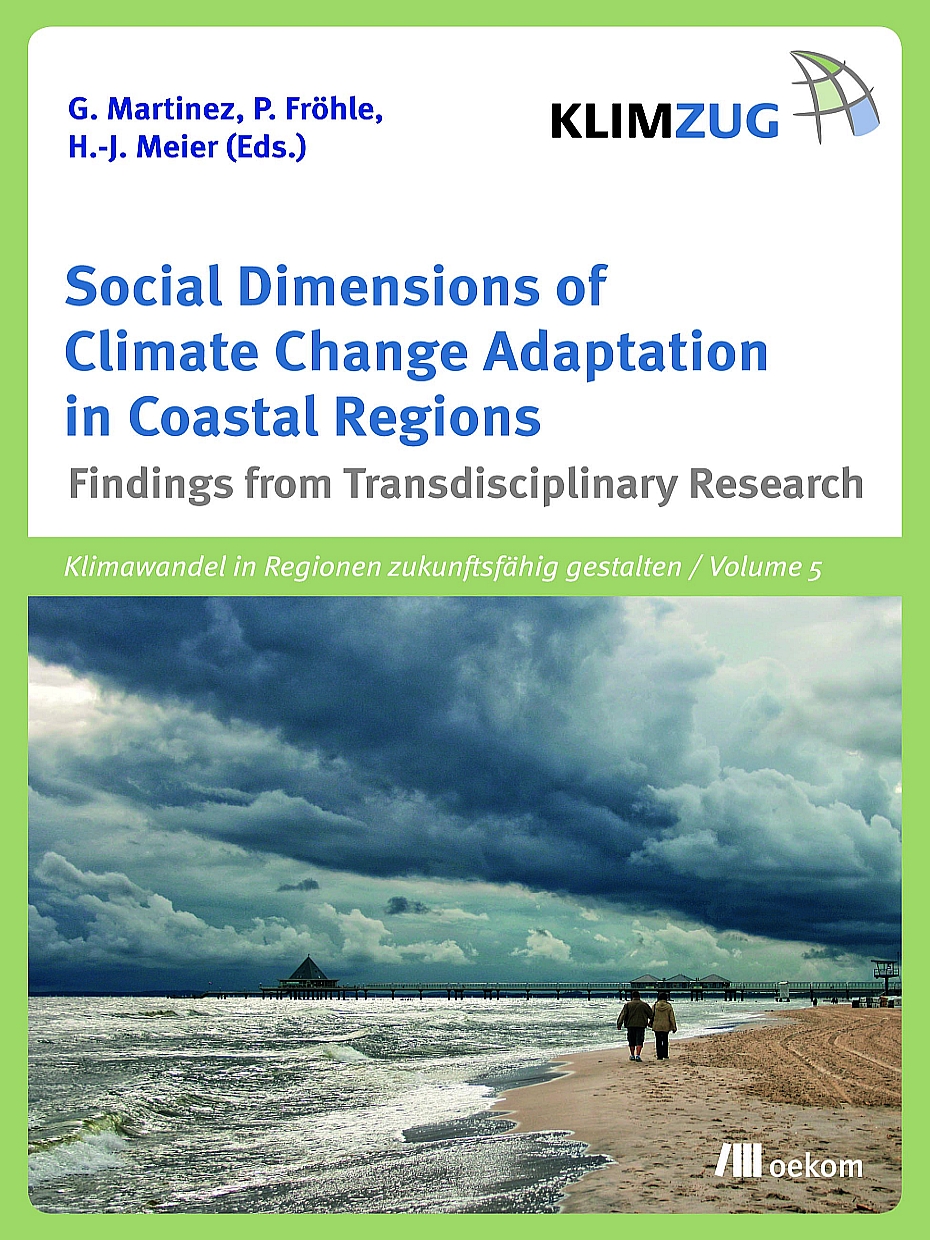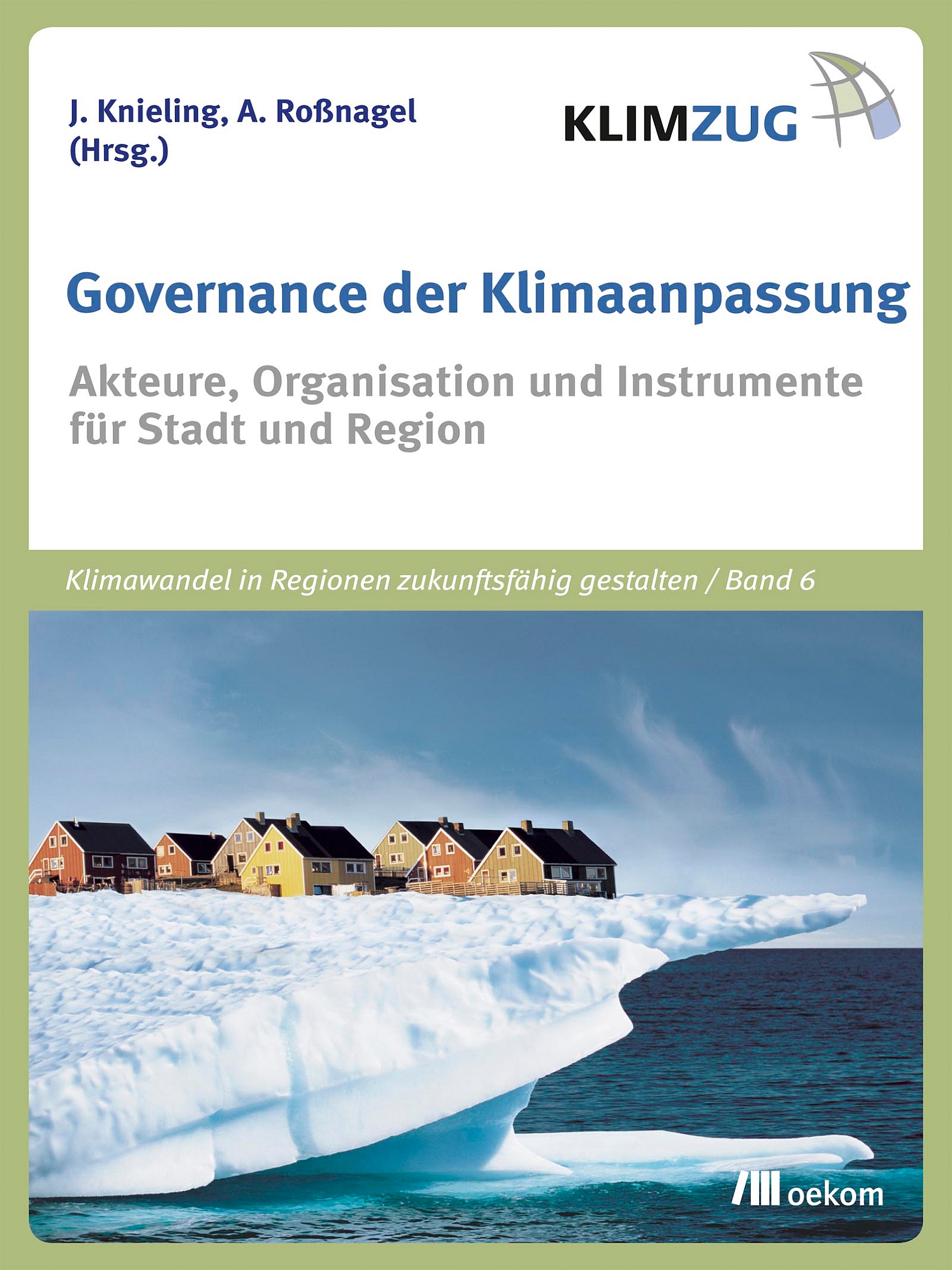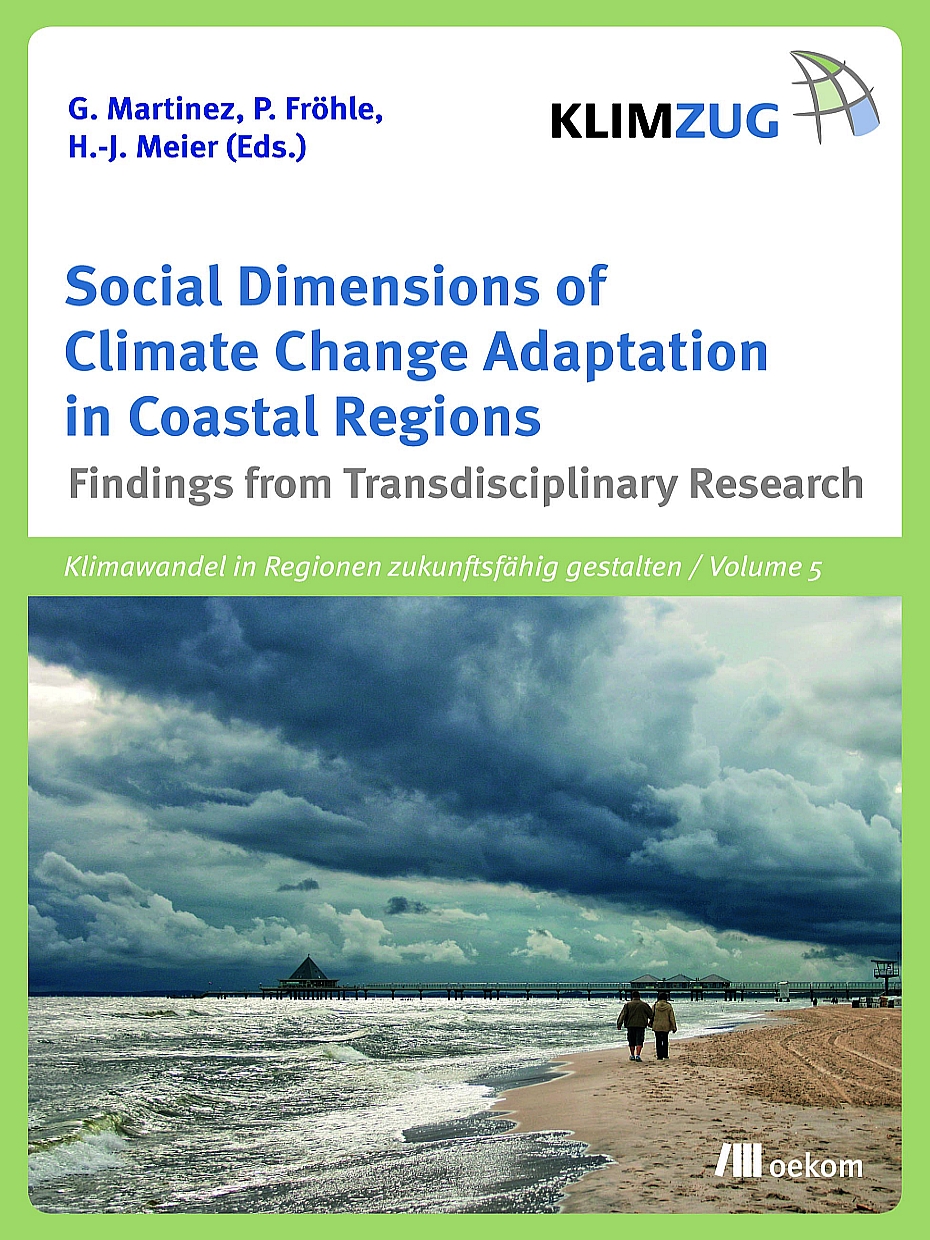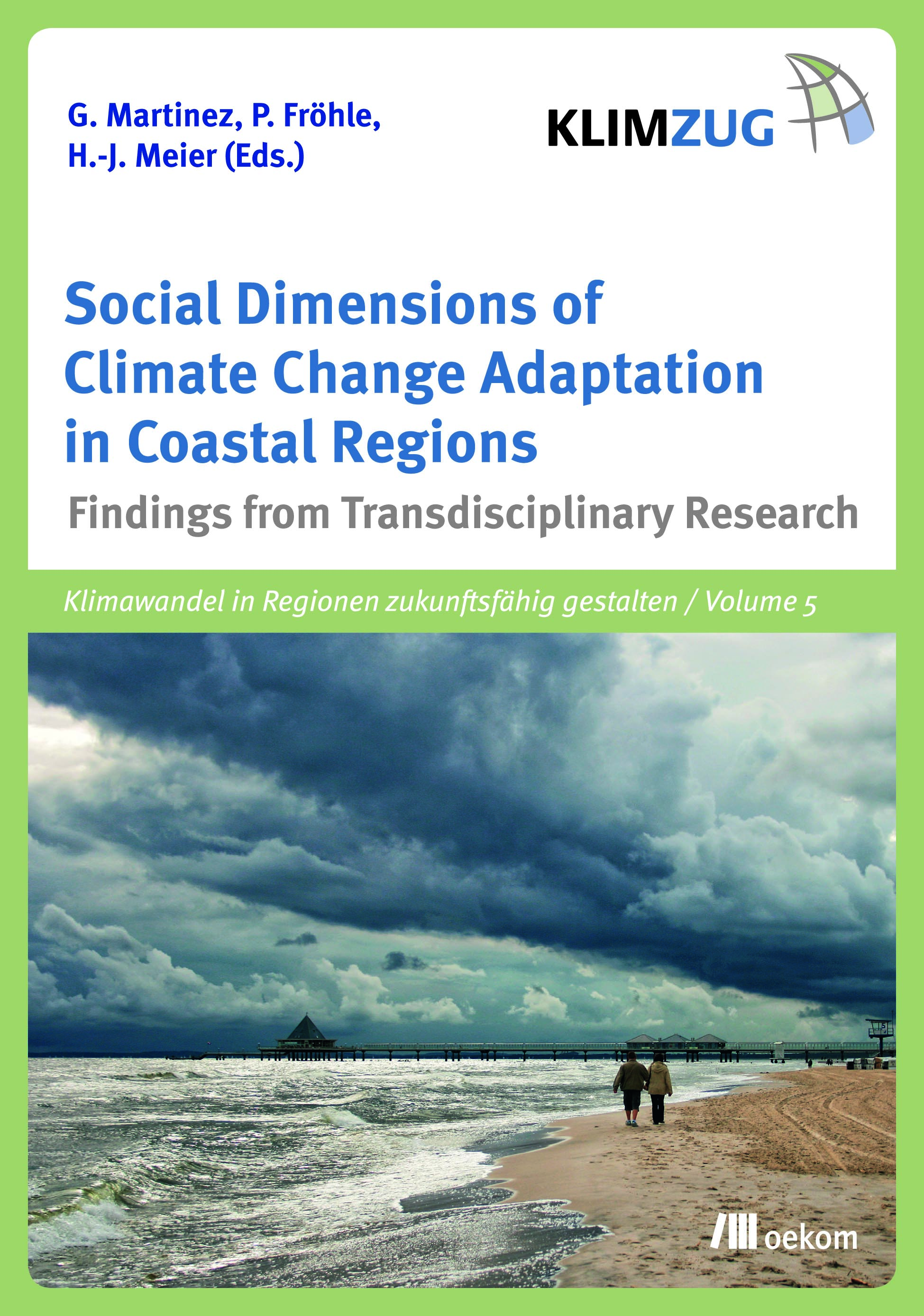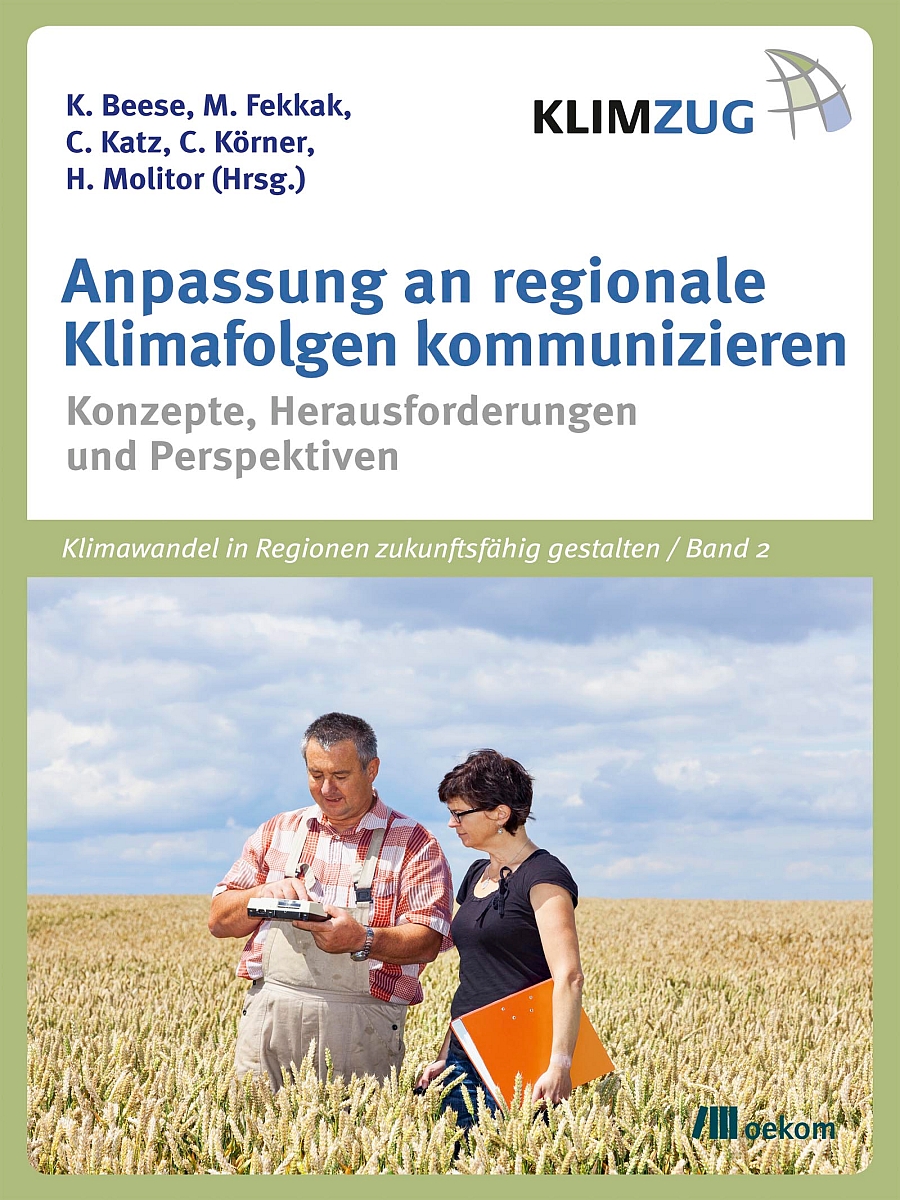Berücksichtigung von Anpassungsaspekten in der Gewässerentwicklungsplanung aus ökonomischer Sicht
- Publication
- Citation
Tröltzsch, Jenny; Ulf Stein; Evelyn Lukat and Martin Hirschnitz-Garbers 2014: "Berücksichtigung von Anpassungsaspekten in der Gewässerentwicklungsplanung aus ökonomischer Sicht", in: Jörg Knieling and Alexander Roßnagel (eds.): Governance der Klimaanpassung. Akteure, Organisation und Instrumente für Stadt und Region. [Klimawandel in Regionen zukunftsfähig gestalten Band 6]. München: oekom Verlag, 361-382.
Until now, the consequences of climate change have not been systematically incorporated into the economic analyses called for by the EU Water Framework Directive (WFD). A new book chapter of Ecologic Institute evaluates the basic approaches used to date, thereby contributing to the necessary discussion on how existing and future programs of measures consider and integrate the consequences of climate change.
Approach and results of the analysis
According to the WFD, river basin management plans (RBMPs) must be routinely established for all European river basins. The chapter analyzes the RBMPs from 18 selected river basins in Germany and other European countries, including the five river basins in the German states of Mecklenburg-Western Pomerania and Schleswig-Holstein. According to the analysis, effects of climate change on water body management are expected in all of the investigated river basins; however, so-called climate checks were only incorporated in the economic analyses of approximately half of the river basins. The climate checks serve to identify the management measures that are the most robust, cost-efficient, and therefore effective under different climate change scenarios.
The introduction of economic analyses in RBMPs opens up ways to adequately consider the consequences of climate change in management plans, although they were hardly used in the first round of RBMPs, which lasts until 2015. A reason for this that has been noted in several case studies is that sufficiently precise and regionalized data from climate change models are lacking, which creates significant challenges for economic evaluations.
Recommendations
The following main conclusions can be drawn from the results:
- In the face of climate change, the temporal aspects of RBMPs must be considered more strongly. Decisions on the selection of management measures with long-term effects must consider both their future effectiveness and their possible future costs. This also applies to the determination of exceptions, since measures that are disproportionately expensive today could become quite economical if their cost-benefit relationships improve in the future.
- The benefit calculations made in cost-benefit analyses until now should be reexamined, and if necessary, they should integrate new adaptation-oriented benefits, like protection from droughts.
- The integration of possible climate change impacts poses an extra challenge for the already complex management planning processes. To make this complexity more manageable, techniques from participatory scenario development can be used. These participatory techniques offer the chance for different stakeholders to integrate their estimations and expertise, creating a basis for robust and cost-efficient management plans. A good example of an application of these participatory techniques can be found in the RBMP for the Odense River in Denmark.
